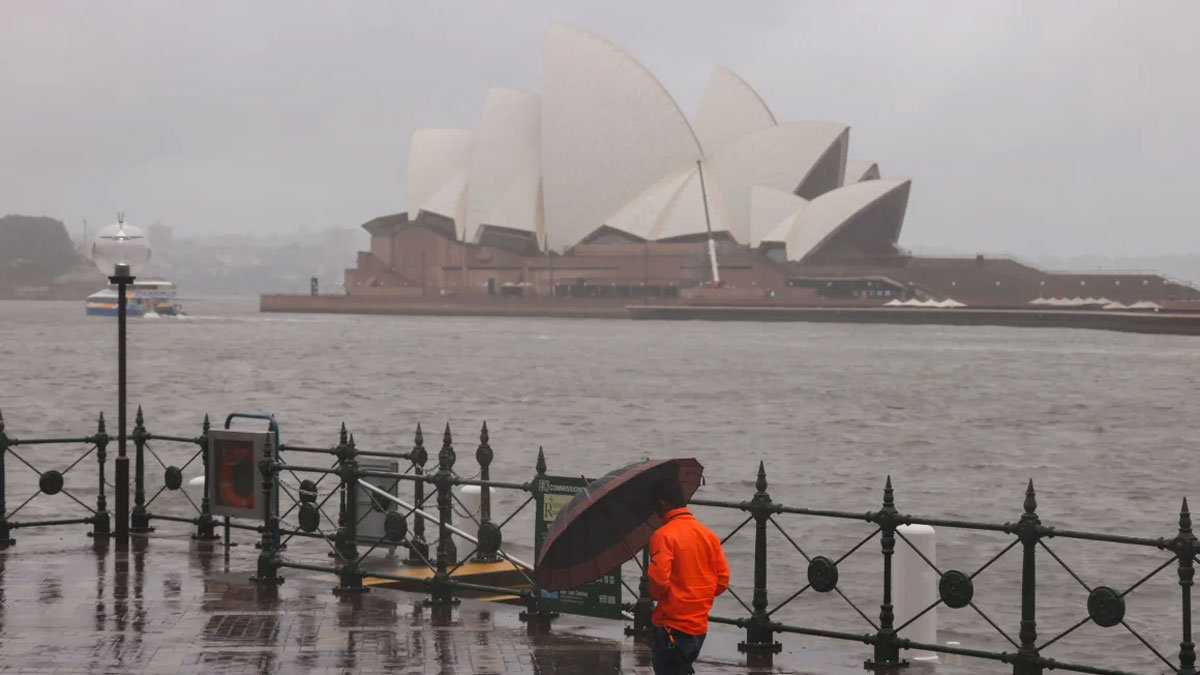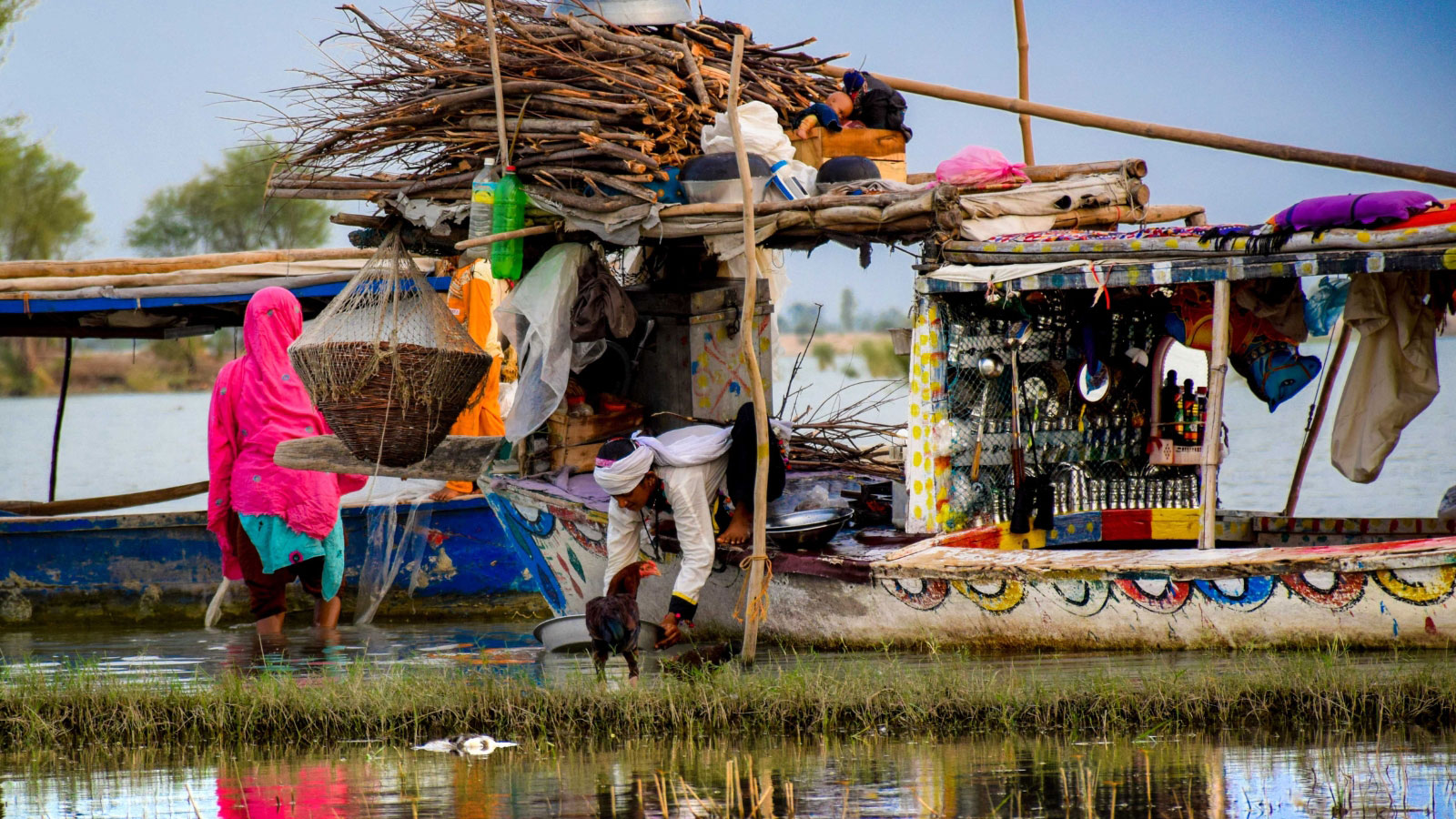|
It has been predicted that fifty World Heritage sites will be lost to climate change by the year 2050 if greenhouse gas emissions are not drastically cut

Tom Anstey | Planet Attractions | 30 Aug 2024

 Australia’s Sydney Opera House is at risk of coastal flooding Credit: Getty Australia’s Sydney Opera House is at risk of coastal flooding Credit: Getty
Climate risk data analytics company Climate X has predicted that fifty World Heritage sites will be lost to climate change by the year 2050 if greenhouse gas emissions are not drastically cut.
Modelling how climate change will affect 500 Unesco World Heritage Sites worldwide, the research assessed the physical hazards each site faces including flooding, coastal erosion, landslides, wind-based hazards, storms and cyclones.
Climate X’s Spectra platform analysed this data, which then predicted how climate change will affect properties, assets and infrastructure under various scenarios over a 100-year time period.
Among the 50 sites, Australia’s Sydney Opera House is at risk of coastal flooding, as are the Forth Bridge in Scotland and Norway’s West Norwegian Fjords.
The most at-risk site on the list is the Sansa Buddhist Mountain Monasteries in South Korea. Established between the 7th and 9th centuries, a structural analysis found that the site could be at risk of river and surfacing flooding.
Also on the list is Indonesia's Subak System, which faces the risk of surface flooding, extreme heat days, and drought risk.
Australia's Kakadu National Park also faces risk of surface flooding, as well as wildfires and China's Quanzhou: Emporium of the World is under threat from drought.
“The potential impact of climate change on these sites is profound. But it’s not just our past heritage that’s at risk – it’s our present, too,” said Lukky Ahmed, CEO and co-founder of Climate X.
“While the loss of these cultural treasures – many of which have endured for millennia – would, of course, be devastating, it’s also vital to remember the real societal and economic impact of climate change is happening in the here and now.
“Our findings serve as a stark warning for governments, preservationists, and the global community to prioritise the safeguarding of our planet – to preserve our ancient monuments and our current assets and infrastructure – and to protect life today and into the future.”
Heritage
|
|






Supplier Showcase 2025: The biggest attractions projects landing worldwide this year
|